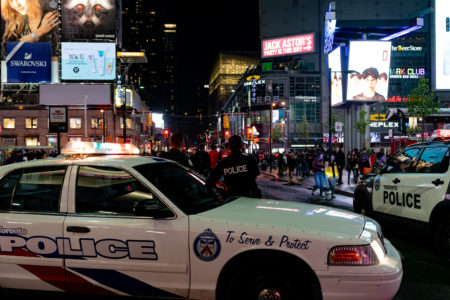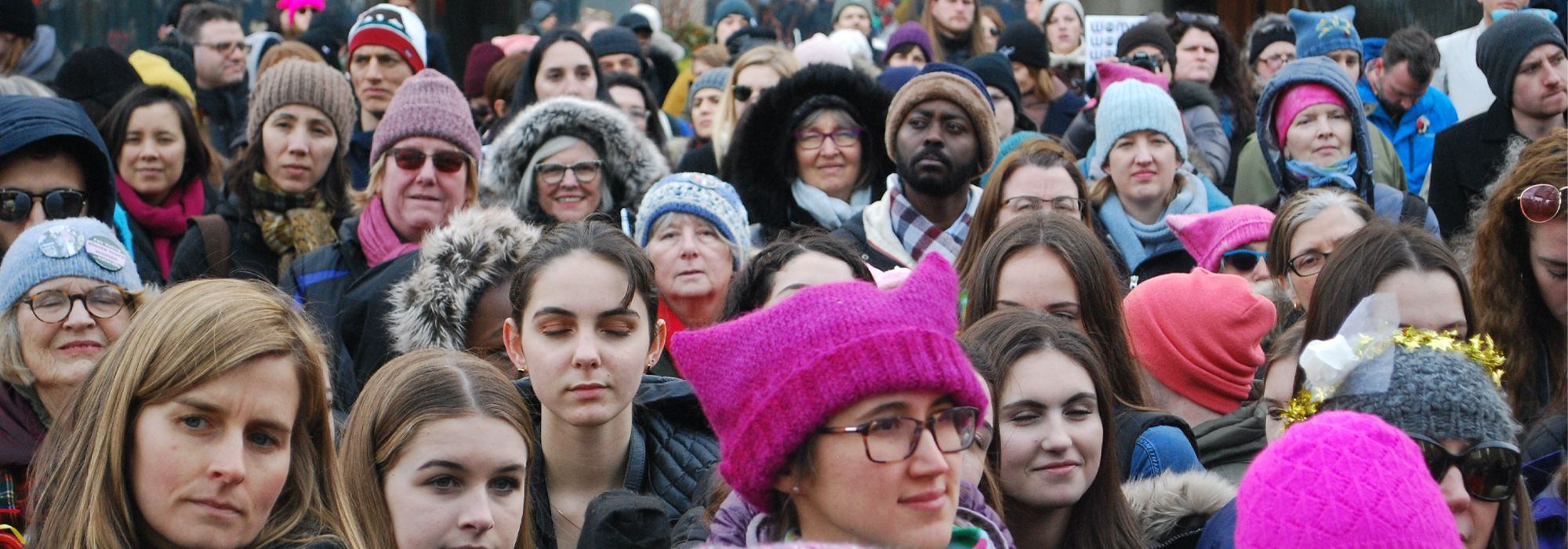
The recent Ontario Court of Appeal decision holding that s. 33.1 of the Criminal Code is unconstitutional because it does not allow a defence of “extreme intoxication” for crimes of violence has revived a decades-old controversy. Supporters of the decision claim that these cases will be rare and that alcohol alone could never ground such a defence. They agree with the court’s ruling that a man who does not know what he is doing when he assaults or otherwise harms another in a state of extreme intoxication is not morally culpable. Even advocates who are somewhat critical of the decision minimize its potential impact. We write to express a contrary view.
The defence of “extreme intoxication akin to automatism” was created by the Supreme Court of Canada in R v Daviault in 1994. Henri Daviault was acquitted of sexually assaulting a 65-year-old woman with a physical disability after consuming 7-8 beers and a large quantity of brandy. A public outcry ensued, prompting then-minister of justice Allan Rock to heed calls from feminists across the country to prevent acquittals for men who voluntarily become extremely intoxicated such that they cannot control their violent acts. Section 33.1 was passed by Parliament, approximately one year after Daviault, with a preamble that explicitly recognized that women and girls are entitled to equal protection of the law, as well as security of the person, under the Charter.
We wanted to know what happened in the year between Daviault and the enactment of s.33.1, when defence lawyers could draw upon the extreme intoxication defence. After a search of case law and media reports — which by no means captures all such cases – we found a total of 23 cases in that period (table 1). In 7, the defence was successful. In 5 of those successful defences, the extreme intoxication was based on voluntary consumption of alcohol alone; the other cases involved men ingesting some combination of drugs and alcohol. Various charges were involved, but most referred to some form of violence against women: sexual assault, criminal harassment, breaking into a woman’s home etc. Five of the 7 cases in which the defence was successful included violence against women. These cases raise concern about the decision’s potential application in future cases, and just how “rare” the defence might be.
A defence of intoxication has long been available for many crimes that have what are called lesser “included” offences. These are less serious crimes for which an accused can still be convicted even where an intoxication defence is successful. The obvious example is murder: intoxication is a defence to murder and the successful defence can reduce the conviction to manslaughter. What is unique about the defence of “extreme intoxication,” by contrast, is that it applies to a broader range of crimes without fallback conviction options: crimes such as sexual assault, assault and criminal harassment. Even with the limits imposed by s. 33.1, judges can consider any reduced moral culpability at the sentencing stage. Without s. 33.1, the defence of extreme intoxication results in full acquittal, such that no constraints or treatment can be ordered for someone who has perpetrated grave harm on another person.
The message of the court of appeal decision effectively creates terrible public policy. It tells those who abuse alcohol and drugs that they are not responsible for their actions. Instead, women bear the risk of men becoming extremely intoxicated and violently losing control over their actions. This decision places yet another hurdle in the way of women in their often-futile attempts to seek justice for the sexual violence perpetrated against them. It is unrealistic to expect that women will not take into account the potential availability of the extreme intoxication defence when deciding whether to report crimes of male violence committed against them.
The message of the court of appeal decision effectively creates terrible public policy. It tells those who abuse alcohol and drugs that they are not responsible for their actions.
Further, police and prosecutors will need to consider the availability of the defence when deciding whether to charge and to prosecute alleged perpetrators. Women’s confidence in the criminal justice system will only be further undermined. Of course, the women most affected by the decision will be those most targeted by violent men: intimate partners, women with disabilities, and Indigenous women and girls.
The other powerful message delivered by the court’s decision is that the rights of women to be free from violence do not matter greatly in the adjudication of significant constitutional rights. The effects on women of this ruling barely registered in the decision even though there was a feminist intervener before the court. The Ontario Court of Appeal decision involved men asserting their rights under s. 7 of the Charter – a provision that allows the state to put limits on liberty if those limits are consistent with the principles of fundamental justice. We are told that violence against women is not rightly considered under the principles of fundamental justice.
Where do women’s rights not to be victims of male violence fit into the Charter? The simple answer is that, in the criminal justice context, they do not.
The court explicitly said that there is no place for the equality and human dignity of women and children under the analysis of the principles of fundamental justice. Women’s constitutional rights are relegated to “societal interests” that can only be weighed in the balance under s. 1 of the Charter, the provision that allows the state to limit individual rights if such a limit can be “demonstrably justified in a free and democratic society.” It is noteworthy that no appellate court in Canada has ever used s. 1 to justify a limit on s. 7 rights. So where do women’s rights not to be victims of male violence fit into the Charter? The simple answer is that, in the criminal justice context, they do not.
The suggestion by the appeal judges that lawmakers should have chosen some other legislative response, such as a new offence of “criminal intoxication,” ignores the fact that government carefully considered multiple legislative models, soliciting legal opinions, consulting stakeholders, and listening to experts before enacting s. 33.1. Section 33.1 was a measured and narrow response to Daviault, limiting the defence only where crimes of violence were involved. In many ways a new crime of “criminal intoxication” would be more intrusive than s. 33.1 and certainly such an offence would also undergo constitutional challenge.
Others propose that Parliament could alternatively enact a raft of fallback offences for the extremely intoxicated, for example, sexual assault while extremely intoxicated, assault while extremely intoxicated, etc. But this option would inevitably cast these crimes as lesser offences with a lower level of moral culpability and reduced sentencing ceilings. This idea would also require enactment of many new fallback offences for all crimes that involve violence. They, too, would provoke vigorous Charter challenges and would invite judges to relegate many intoxicated offenders to this lower category of what is essentially “negligent sexual assault.” The result would be the normalization of the widespread problem of intoxicated sexual assault as merely negligent behaviour.
Section 33.1 is only one example of our federal government attempting to enact provisions to protect women from violence only to have the courts strike down or undermine that legislation in order to protect liberty interests of male accused. Until women are fully recognized as rights holders under the Charter, Parliament will be limited in its ability to pass laws to protect women from male violence. We assume this case will go to the Supreme Court of Canada and we urge the federal government to vigorously defend s. 33.1 in the name of the equality rights of women and girls that the provision was enacted to protect. We can only hope that our highest court will take seriously the competing Charter rights of women and girls to be free from intoxicated violence and will defer to the democratic process and the wisdom of Parliament.
Photo: A crowd gathers at Nathan Phillips Square in Toronto for the women’s march, on January 20, 2018. Shutterstock/by Louis Roth.








